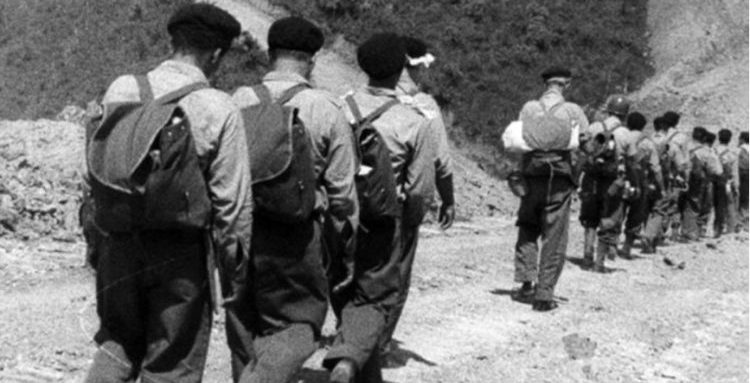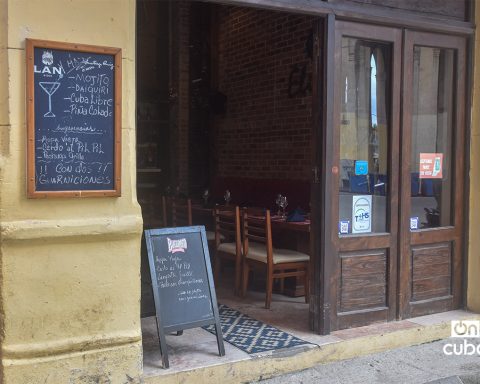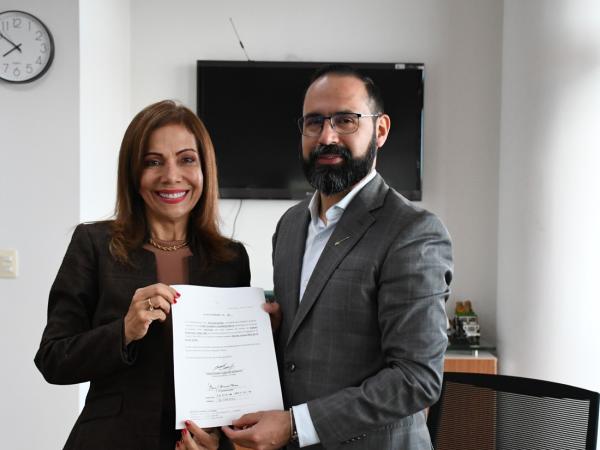HAVANA, Cuba.- In his book The Empirethe Polish Ryszard Kapuściński (1932-2007), one of the greatest pens in journalism, dedicates a chapter to the visit he made in 1991 to Magadan, a city in the far east of Russia that during the tyranny of Stalin It was the main transit centre for prisoners (laguerniks) sent to forced labour camps (gulags) and where gold and other minerals extracted by them in Kolyma were exported.
Kapuściński says: “You walk through the streets of Magadan, through high passages cut through the snow. They are very narrow. When you meet another person, you have to stop and let him pass. Sometimes I come face to face with an older man. And always, without exception, I have to restrain myself from asking him: ‘And what were you, the executioner or the victim? ’ Why does this question intrigue and gnaw at me so much? Why am I not able to look at these men in a natural way, devoid of this persistent and insidious curiosity? But if I were to pluck up the courage to ask him this question and he were to be sincere, I would hear in reply: ‘You have both before you, the executioner and the victim. ’
Kapuściński explained the sinister world of the gulags, described by Varlam Shalamov (Kolima Tales) and Alexander Solzhenitsyn: “In many cases, the two roles could not be separated. Someone first beat others in his capacity as an interrogating officer, then he was put in prison and beaten himself, and after serving his sentence he would come out and take revenge, etc. It was a nightmare game from which everyone lost.”
I know of cases of police officers and prison guards (who since the times of the UMAP They are usually punished soldiers) who ended up in prison. And they say, when they got out, that it was hell. The same hell of mistreatment and humiliation to which one day, believing themselves to be unpunished, they subjected the prisoners. The least that happened to them was that they were given rotten food so that they could not eat it, they left it so that the guards could use it for the pig stew.
The question that intrigued and gnawed at Kapuściński, his “pertinacious and insidious curiosity,” reminded me of that of a friend from Pinar del Río who a few months ago visited Sandino, the captive village in Guane, in the westernmost tip of Cuba, where in the first half of the 1960s the regime deported hundreds of peasants from the Escambray (center of the Island) to prevent them from helping the anti-Castro guerrillas.
My friend, with a curiosity similar to Kapuściński’s, wanted to know who the deportees were and who the guards who watched them were, but despite his inquiries, he could find out very little.
He told me that for years “the Villareños,” as the people of Pinar del Río called the deportees, were looked down upon. They were stigmatized as “worms, counterrevolutionaries.” It was assumed that if they did not have relatives who had rebelled, they had in one way or another some kind of relationship with “the bandits,” as the regime called the insurgents. And, for this reason, many avoided dealing with them so as not to get into trouble, since the police and their informants from the Committees for the Defense of the Revolution kept an eye on “the Villareños” and were aware of everything they did and said.
It was always known who the “villareños” were, even if they avoided talking about their past. In addition to the fact that in small towns everyone knew each other, they were distinguished and recognized by the way they spoke. But the passage of time, love, life and shared hardships were diluting the antagonisms, the old grudges and the regional jealousies. Today, in the Sandino families there are as many descendants of “the villareños” as there are people from Pinar del Río. And also people from other parts of the country, especially from the eastern provinces, who arrived and made the town grow, which currently gives its name to a municipality of more than 30,000 inhabitants.
Young people do not care much whether their grandparents were rebels or guards. What’s more, with so much silencing of stories to accept the official history of “the fight against bandits”, Combined with fear and the efforts of their elders to forget, some, the younger ones, are unaware that there was ever a war in the Escambray.
In recent years, the Sandino people have gradually lost their fear, and when they complain, they blame the regime for their many hardships. Few people feel it necessary to explain, as many hypocritically did before, that “I am not saying this because of anything bad or because I am against the revolution…”
Curiously, those who complain the most are not the descendants of the deportees, who never had any favorable expectations of the regime, but the old Fidelistas who until very recently said they were ready to die for “the revolution” and today feel disappointed and hear their grandchildren rant against “this” and tell the world that “they want to leave.”
Like Kapuściński and my friend from Pinar del Río, there was a time when I also wanted to know which of my compatriots were executioners and which were victims. Not anymore. It’s not worth it.
I know ex-military men without ranks, veterans of the wars in Africa, elderly people, sick people, especially those with nervous illnesses, with pensions that barely cover a few days’ worth of food, despite the meager increase granted to “the most outstanding” by the Association of Combatants of the Revolution.
And although I have blamed and hated them for having contributed to “this,” and on top of that, having to put up with their snitching and, worse still, their snitching, I pity them.
In these 65 years, all Cubans, in one way or another, by commission or omission, are to blame for this catastrophe.
Our parents, grandparents and older brothers, for having allowed themselves to be deceived and to give up their freedom in exchange for promises. For letting the communists stir up envy and resentment against the bourgeoisie. For declaring themselves Marxist-Leninists without knowing what the hell that was, and which turned out to be Stalinism. For the loyalty shown to the Maximum Leader. For trusting in his infallibility and letting him think for us. For following him in every crazy and nonsense that occurred to him. For putting their children at the disposal of the State, and trying to instill in them that they should be loyalists or that at least, for the good of all, they should pretend to be so. For having agreed to participate in the repudiation rallies or for watching them impassively. For always keeping quiet in order to “not give weapons to the enemy.” For the hatred of the Yankees and the eternal love of the Soviet Uniona love so eternal that many still do not know that it no longer exists, that it is now called the Russian Federation, and is not communist, but rather fascist. Those who continue to follow, obey and ready to inform, whenever they are asked to do so. For continuing to cling to the lie, refusing to give in.
We, who were born and raised under this system, for having “believed” or pretended to believe so as not to get into trouble. For allowing ourselves to be blackmailed and humiliated. For meekly allowing the reproaches and penances for our “ideological weaknesses.” For wearing the disguises that were put on us or imposed on us by ourselves. For thinking that being bourgeois was a contagious disease. For swallowing and being grateful for the rationed shit that was given to us and our descendants as mush. For allowing our children to be indoctrinated and forced to swear at school: “Pioneers for communism, we will be like Che.” For self-censorship. For turning our backs and closing our eyes to abuse. For not knowing or pretending that we did not know that “those things” were happening until it was our turn. For having denied God and the saints and not returning to them, taking Eleguá out of the closet and putting him behind the door, when Fidel gave us permission to believe. For having concealed hunger by calling it something else, until we could no longer take it, and we dedicated ourselves to riding and being supported by our relatives in the United States with dollars that end up in the coffers of the pimp-regime. For the fear of change, for the thing about the devil you know and the devil you don’t know. For having allowed ourselves to be demoralized. For having renounced our individuality for too long and having resigned ourselves to being, no longer a mass, but a flock that has become a hungry herd that wanders through a ruined homeless camp.
OPINION ARTICLE
The opinions expressed in this article are the sole responsibility of the person issuing them and do not necessarily represent the opinion of CubaNet.
Follow our channel WhatsApp. Receive the information from CubaNet on your cell phone through Telegram.

















